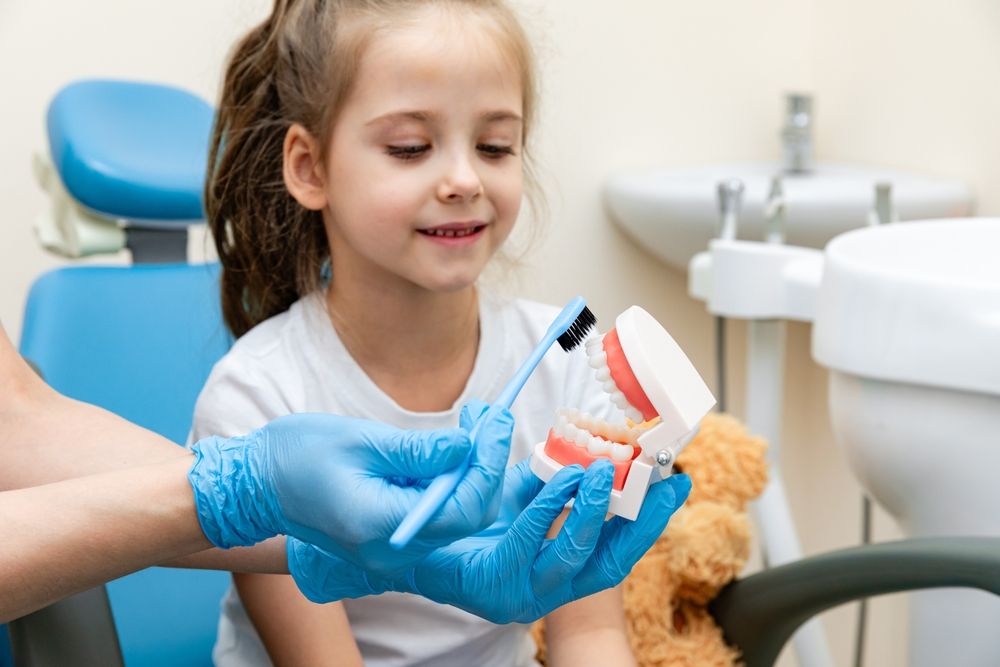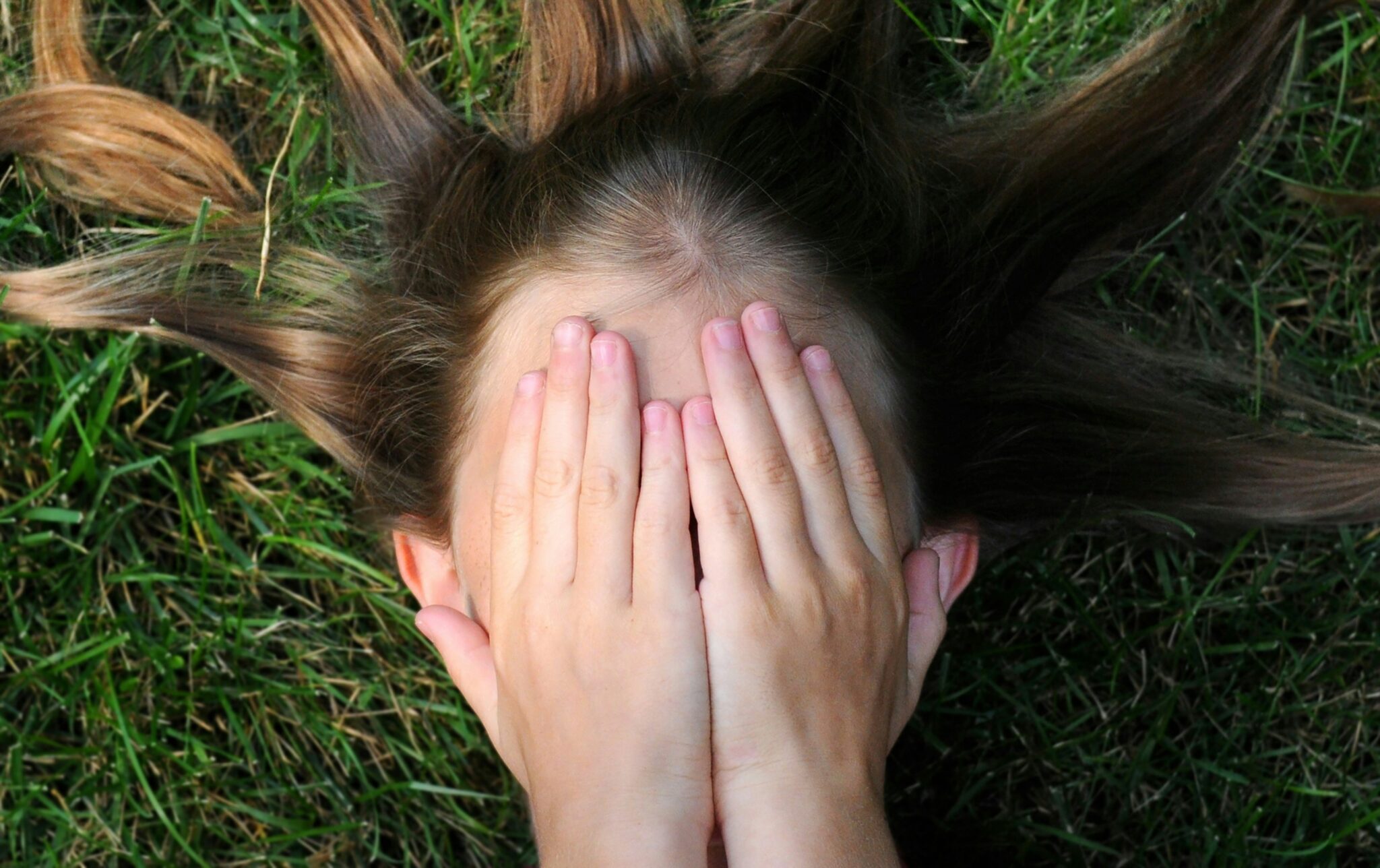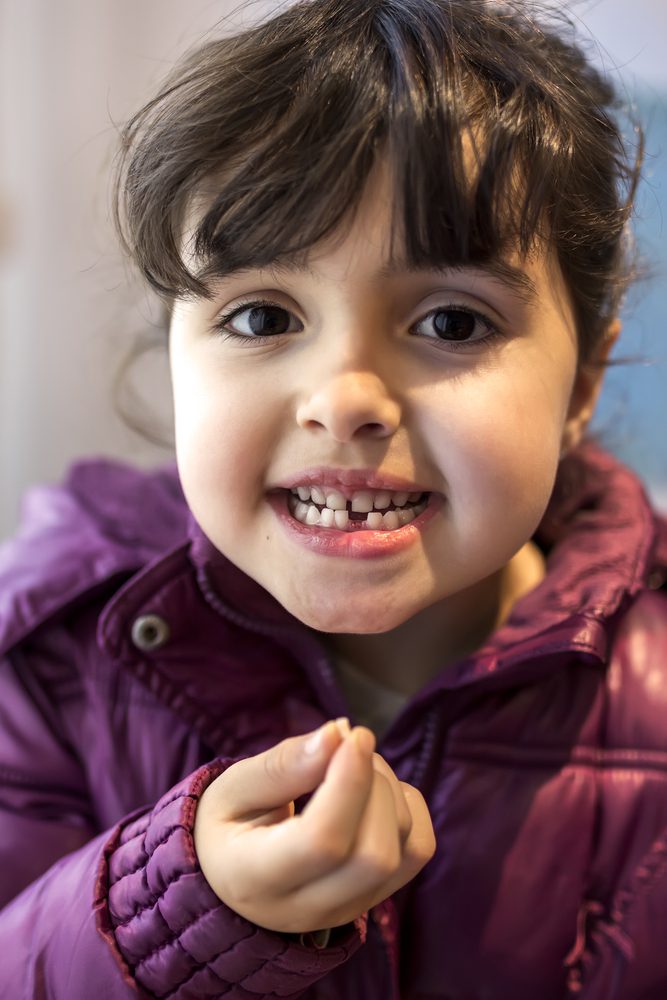If you’ve ever wondered how often your child should visit the dentist, you’re not alone. Parents want the best for their children’s health—and that includes their smiles. At Smiles Dentistry 4 Kids in Overland Park, KS, we’re passionate about early prevention and making sure families have the information they need to build healthy habits from the start.
So, how often should your child see the dentist? The short answer: every six months. But there’s more to the story—and here’s why it matters.
First Visit: Sooner Than You Think
Many parents are surprised to learn that children should have their first dental appointment by age one, or within six months of their first tooth coming in. These early visits are important for:
- Monitoring oral development
- Identifying early issues like lip ties
- Offering guidance on feeding and hygiene habits
We regularly evaluate for lip tie in Overland Park infants and toddlers, which can affect feeding and speech if left untreated.
Routine Visits: Every Six Months
The American Academy of Pediatric Dentistry recommends that kids see the dentist every six months. These visits are more than just cleanings—they’re opportunities to:
- Remove plaque and tartar buildup
- Check for signs of decay or early-stage cavities
- Evaluate bite and jaw alignment
- Apply fluoride for enamel protection
- Reinforce healthy brushing and flossing habits
As a practice known for fluoride treatments for kids in Overland Park, we tailor preventive care to suit every child’s age and risk factors.
What Happens at a Checkup?
During a routine dental visit, we make sure your child feels safe, relaxed, and even has a little fun! Each visit may include:
- A gentle cleaning and polish
- Digital X-rays (as needed)
- Examination of teeth, gums, and jaw
- Fluoride application
- Parent consultation
We believe in partnering with parents to guide children’s oral health. Whether you’re a new parent or already have a growing family, we’re your local resource for pediatric dentistry in Overland Park that puts kids first.
Why Six Months Matters
Even if your child brushes and flosses daily, plaque can still build up in hard-to-reach places. Cavities often develop without obvious symptoms, especially in between teeth. Routine checkups help us catch problems early, when they’re easiest to treat.
Regular visits also:
- Reduce the risk of dental anxiety
- Track developmental changes
- Provide opportunities for education
- Support long-term oral and overall health
Parents searching for the best pediatric dentistry in Overland Park often choose us because of our consistent, caring approach that grows with their child.
When to Come More Often
Some kids may need to visit more than twice a year. This includes children who:
- Have a history of cavities
- Are undergoing orthodontic treatment
- Have special needs or medical conditions
- Are prone to plaque buildup or gum irritation
We customize care based on your child’s individual needs and oral health history. If your child is undergoing treatment with a restorative dentist for kids in Overland Park, we may recommend more frequent visits to monitor progress and maintain overall health.
Creating Healthy Habits for Life
Early, consistent dental care sets the foundation for lifelong oral health. We work with children of all ages—from toddlers coming in for their first visit to teens finishing orthodontic treatment—to make dental care part of their regular routine.
And if you’ve been searching for a same day kids dentist in Overland Park who can accommodate your busy schedule, we offer flexible options and efficient care when time is of the essence.
Trusted by Overland Park Families
Whether you’re new to the area or looking for a provider that puts your child at ease, Smiles Dentistry 4 Kids is proud to serve the Overland Park community with expert pediatric dental care.
From preventive services to treatments like teeth cleaning for kids in Overland Park and lip tie evaluations, we offer everything your child needs to grow up with a healthy, confident smile.









